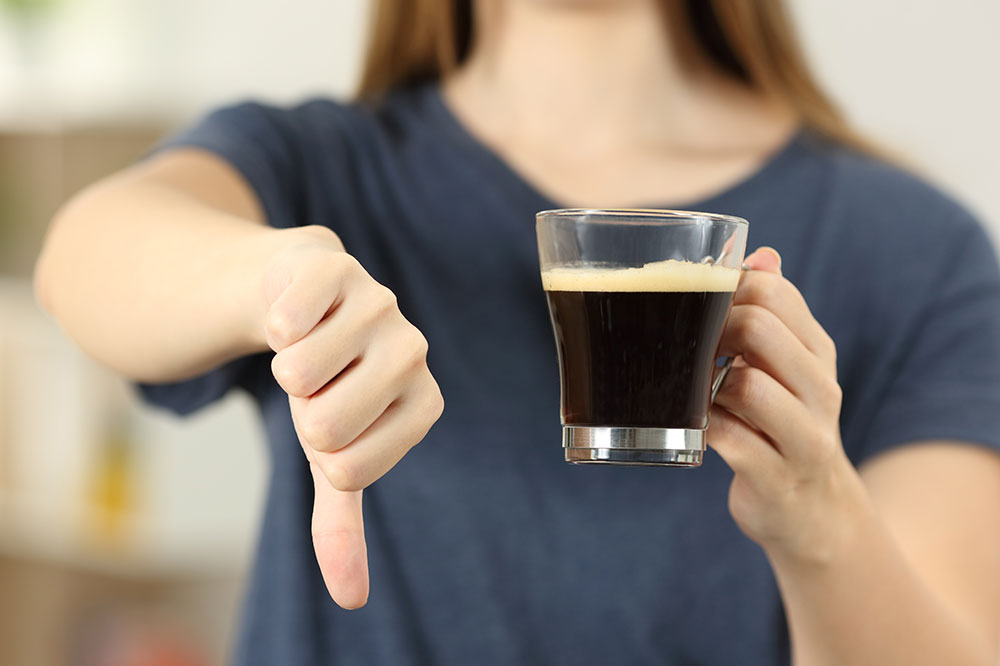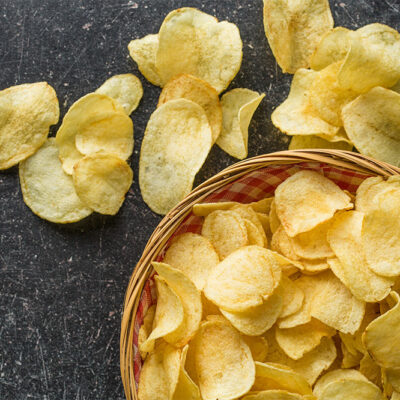
Nutritional Guidelines to Manage Overactive Bladder
OAB or overactive bladder refers to a group of urinary symptoms. The prime symptom of an overactive bladder is an urgent, sudden, uncontrolled urge to urinate. Due to this sudden urge, patients also leak urine knowingly or unknowingly. In addition, patients with an overactive bladder cannot live comfortably without passing multiple times across day and night.
Patients with an overactive bladder are l ikely to feel embarrassed socially, and they tend to isolate themselves and usually try to limit social life.
Foods that help deal with an overactive bladder
Adopting healthy, nutritious, and wholesome food habits supports in managing the symptoms of an overactive bladder. Those who are experience the symptoms of an overactive bladder may adopt the following dietary changes. These food habits will considerably help in reducing urinary urgency and frequency.
1. Closely monitor fluid intake
It is essential to keep one’s fluid intake. One should write down each time when they take water or any other water-based drinks. To reduce urine urgency, doctors usually suggest decreasing the regular fluid intake at least by 25 percent. Especially, cutting back on fluid intake before bedtime particularly helps in managing the urine urgency overnight. However, it is essential to ensure that one does not drink less than one liter of fluids every day.
2. Avoid carbonated beverages
Carbonated beverages, such as soft drinks and sparkling water, are bad for patients with overactive bladder. Hence, always try to cut back on them.
3. Reduce caffeine intake
If one is a coffee lover, it’s time to stay away from the beverage. It’s believed that caffeine-based drinks or foods influence urine urgency. Hence, it’s good to avoid them for a comfortable living.
4. Say no to alcohol
Alcohol is a stimulator and it can lead to more urine urgency among people with an overactive bladder. Hence, it is suggested to limit alcohol intake.
5. Say goodbye to artificial sweeteners
Most artificial sweeteners are particularly bad for overactive bladder. Hence, avoid eating sweets, desserts, and processed foods that contain artificial sweeteners.
6. Consume a vitamin-rich diet
Vitamin C is widely available in fruits and vegetables. The high-fiber fruits and vegetables are good for patients with overactive bladder. One can eat them fresh or cooked in whatever form they like them. But avoid supplemental vitamin C; it can worsen symptoms. Similar to vitamin C, vitamin D is also beneficial in the management of the symptoms of an overactive bladder. Some of the good sources of vitamin D include fish, fortified milk and yogurt, and eggs.
Along with the adherence to the above food habits, it’s important to talk to a doctor to know the root cause of overactive bladder, precise diagnosis, and treatment.


